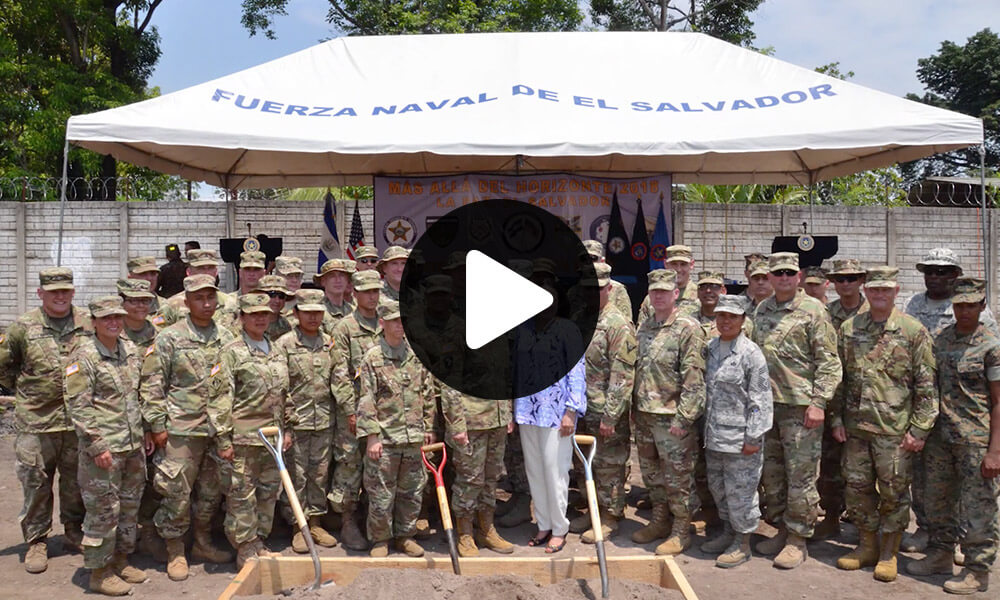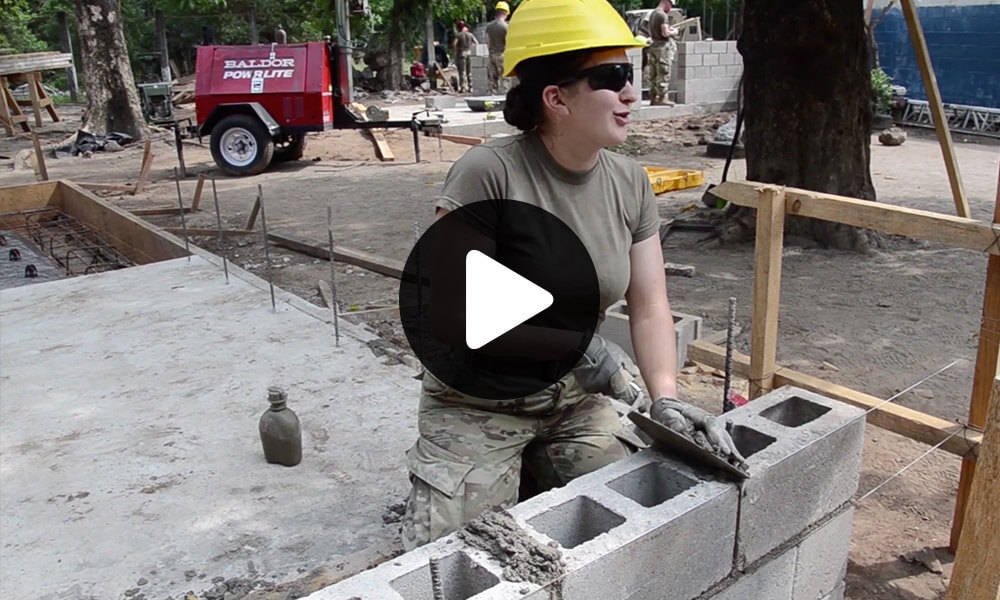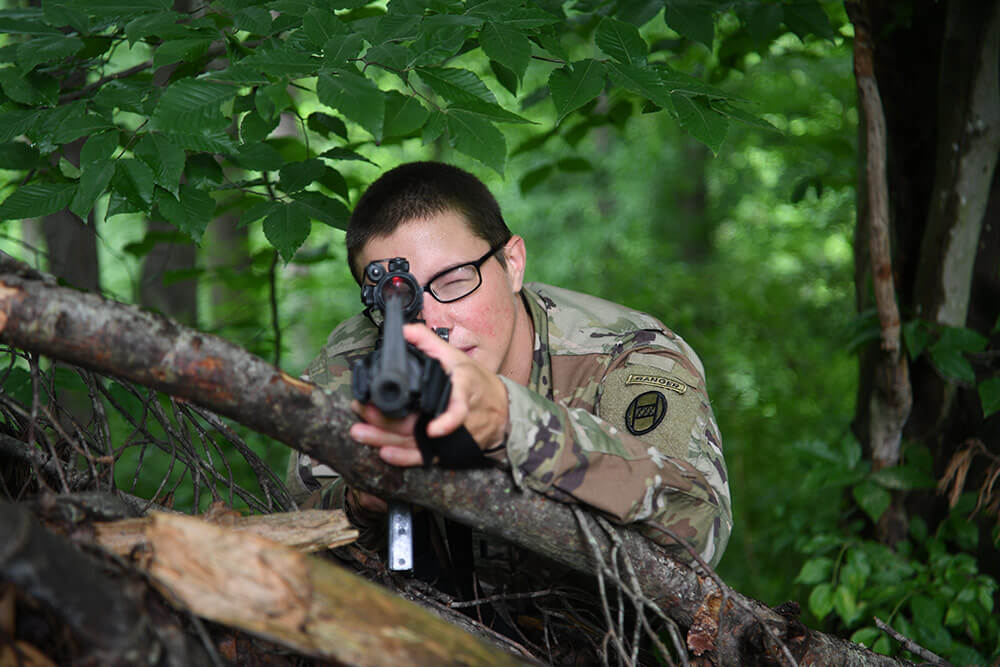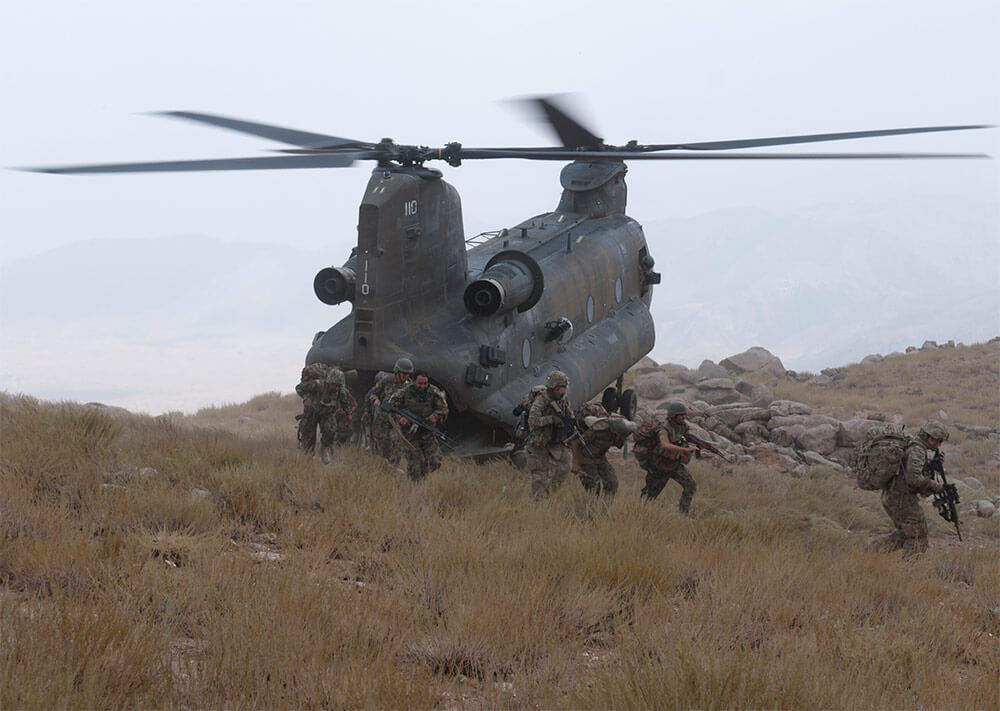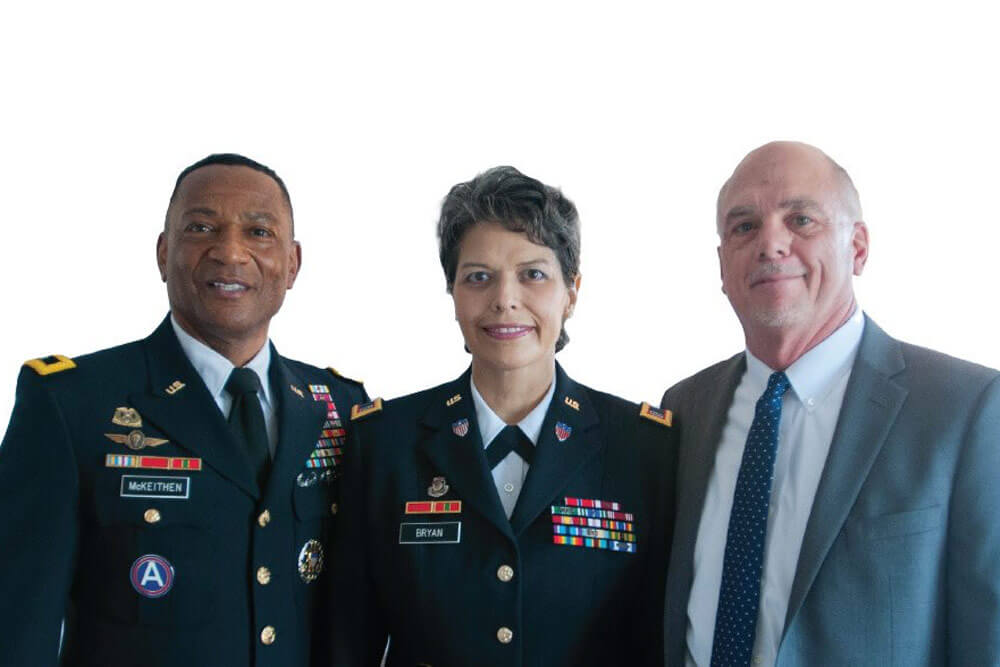Guard Engineer Forces Lead Construction in El Salvador
“There aren’t many times in a career when you can [directly see how] you are making a difference,” said LTC Blake Heidelberg of Joint Force Headquarters, Florida Army National Guard.
This summer, LTC Heidelberg and other members of the Florida Army National Guard had the opportunity to see the difference they were making for multiple communities in El Salvador when participating in Beyond the Horizon (BTH) 2018.
BTH is an annual mission conducted as part of U.S. Army South and U.S. Southern Command’s Humanitarian and Civic Assistance Program.
This year’s BTH deployed nearly 800 U.S. service members from the Army – including National Guard, Active Duty and Reserve components – Air Force and Marines to work with the El Salvadorian military and civic agencies in an effort to bring vital services and resources to rural El Salvadorian communities.
Successfully completed under budget and 10 days ahead of schedule, the 2018 BTH mission was to build four schools – the Canton el Amate schoolhouse, the Escolar Santa Rita schoolhouse, the San Marcos de la Cruz schoolhouse and the Ulappa schoolhouse – and one health clinic – Unidad Clinica de Salud.
“I believe that everyone left with their heads held high and their chests poked out knowing that they made a difference in El Salvador,” LTC Heidelberg said.
Service members deployed as part of Combined Joint Task Force Hope. Members of the task force were deemed “warriors,” as the group included members from the multiple Service branches.
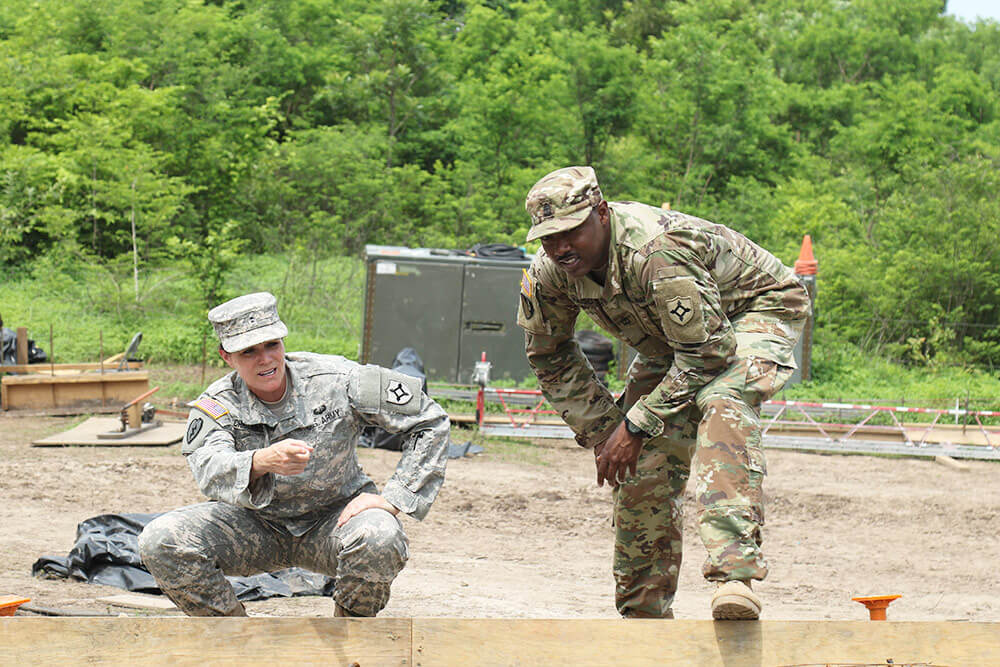
“I think it’s a great exercise, a great mission and it’s certainly very rewarding, not only for the individual Soldier, but also for [our] country,” said COL Dwayne Jarriel of Joint Force Headquarters, Florida Army National Guard.
National Guard Soldiers and Airmen from 13 States participated in the mission. The 90-day mission was broken into six rotations of 148 service members each, all led by the Florida Army National Guard. With COL Jarriel leading the first leg of the mission and LTC Heidelberg leading the second leg, the Florida Guard was in charge of the overall logistics for construction as well as ensuring all Soldiers were kept on task.
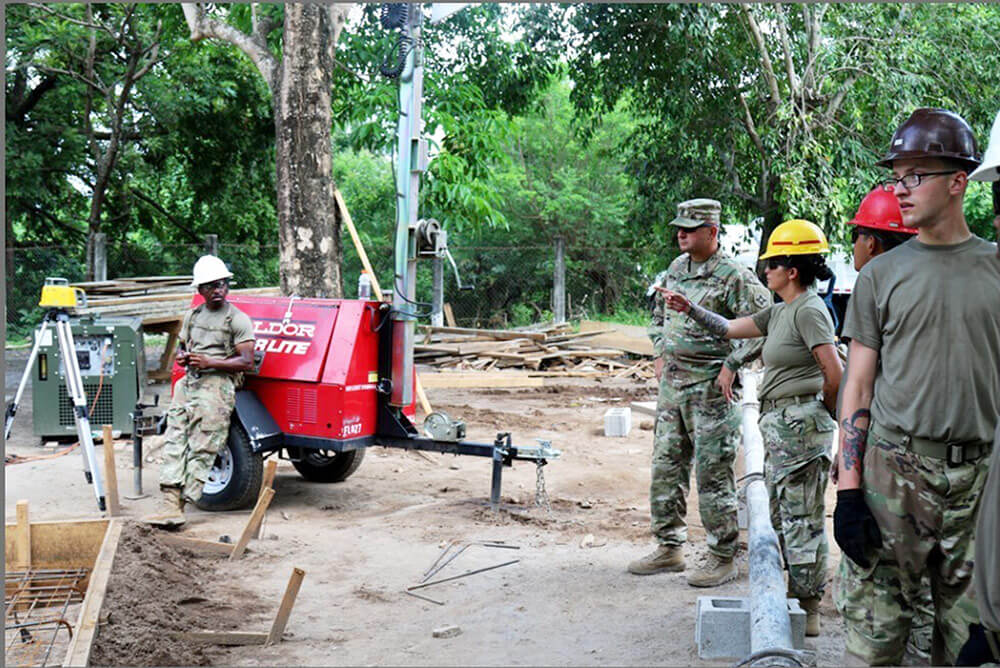
“I was honored and fortunate enough to be the task force engineer commander, so I was responsible for all the engineer forces who did the actual construction,” explained LTC Heidelberg. “It was a privilege to be involved in that mission in El Salvador. It was a great humanitarian mission and a great learning experience, but it was also an honor to represent Florida and the Army National Guard.”
When the Michigan Army National Guard was forced to withdraw from the El Salvador mission due to deployments and other obligations, the Florida Army National Guard was tapped to lead the exercise. Given the late start, the Florida command team did not have as large of a planning period as is usually slated for this type of mission, but the team did not allow that setback to deter progress.
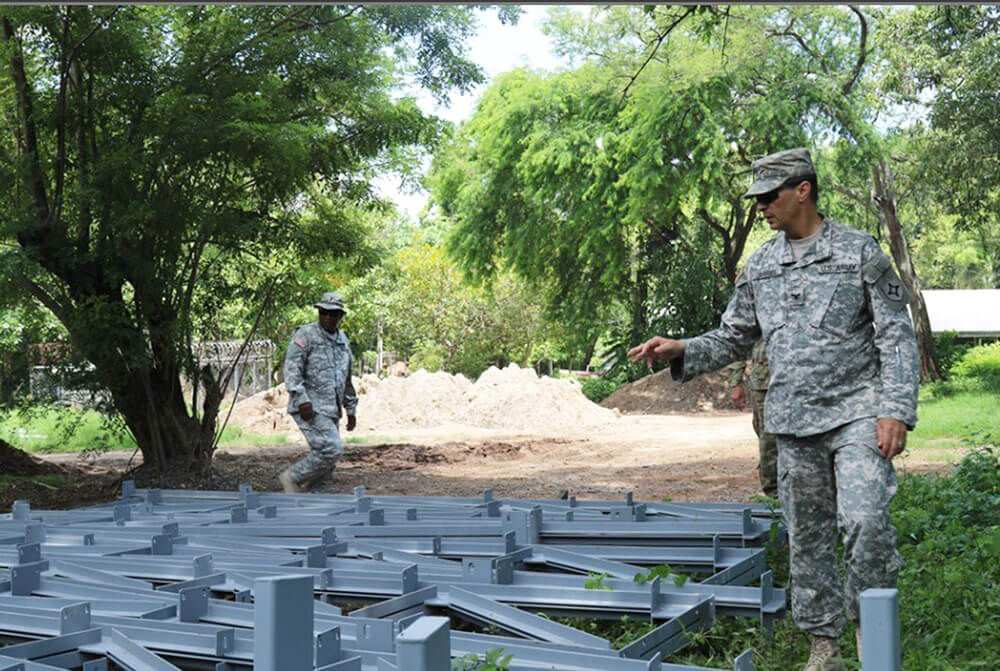
“One of the biggest challenges for us was not having the ability to do all of the preplanning ahead of time,” COL Jarriel said. “But, it was a great opportunity to be hands-on and exercise our military occupational skills.”
COL Jarriel also noted the cultural challenges the mission presented.
“As Americans, we are used to everyone doing things the same way we do,” explained COL Jarriel. “I think [this mission challenged] those expectations – thinking that their vendors and their industry contractors are similar to ours. They are not. The terrain is different, the culture is different and so obviously, there’s a lot more time that needs to be built into planning.”
LTC Heidelberg also took note of the cultural differences. “We had challenges with the language barrier and with getting our contracts on time and to standard so that we could, [in turn, construct] the buildings to standard,” he explained. “It was another opportunity for us to excel and overcome.”
The cultural differences were apparent not only between the United States and El Salvador, but also between the various branches of Service.
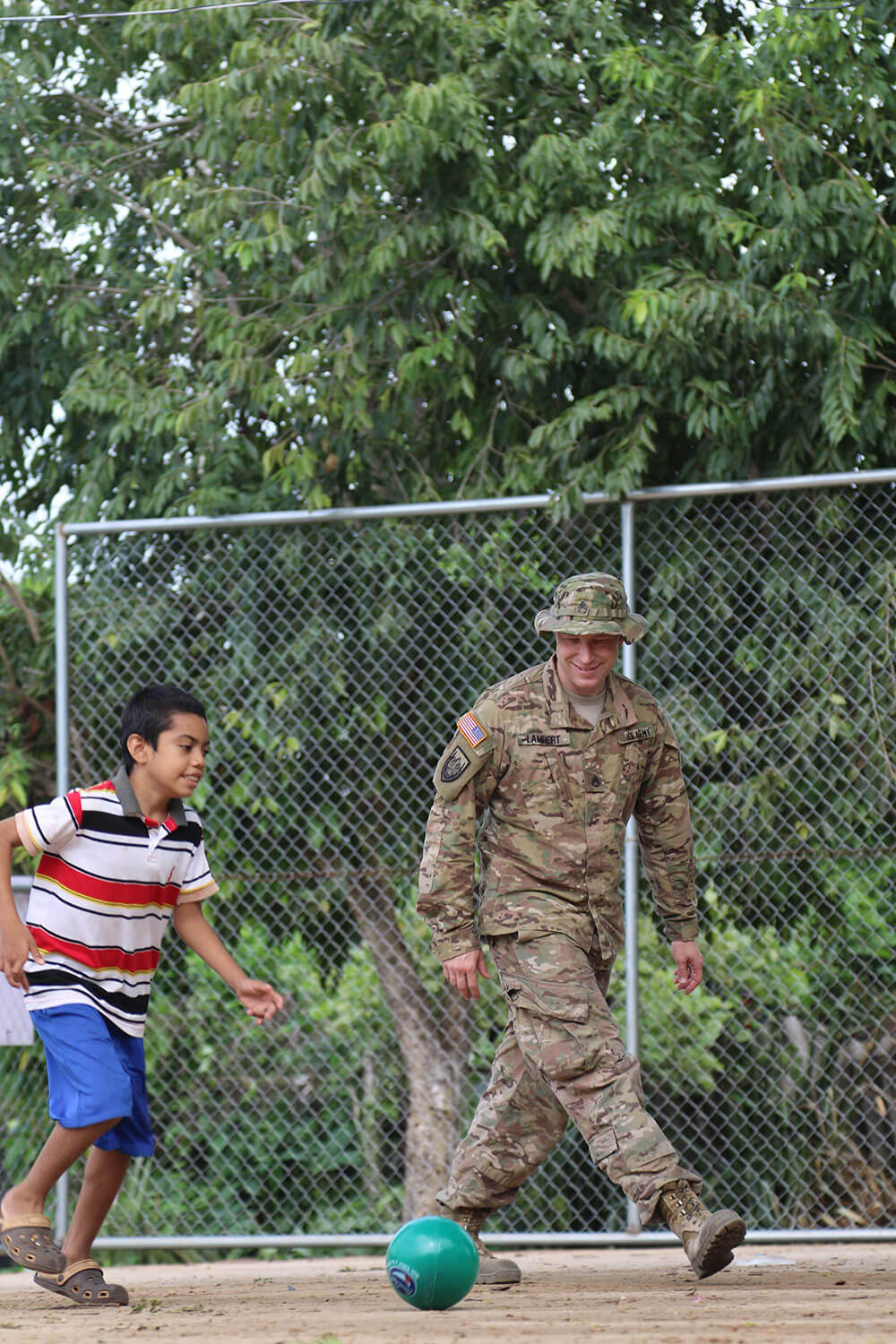
“Bringing forces from across the full spectrum of the DoD together – we all speak different languages, so to speak. Getting that team moving together in the right direction and toward the same goal can be a challenge.”
Taking the scope of the mission and its many moving segments into consideration, Task Force Hope leaders kept a keen focus on ensuring effective communication among the diverse set of counterparts.
“I learned a lot of patience,” said SGM Jeff Topping of Joint Force Headquarters, Florida Army National Guard. “Other countries do not operate like the United States. They often don’t have the means to do what we do. It was a learning process. Communication is the key to all of this. At the end of the day, everyone came together and we successfully completed the mission.”
The BTH mission not only provided El Salvadorian citizens with much needed resources, but also presented Army National Guard Soldiers with hands-on experience and an opportunity to broaden their knowledge base.
“It’s an opportunity to hone our skills as engineers,” explained COL Jarriel. “It gives us the ability to work in partnership with the host nation engineers as well. We get to see the techniques they use to do what we do and we can share our techniques. I think it puts more tools in the tool kit for the engineer, and in this case the many other service [members] who were there with us – every one of them brought something different to the table.”
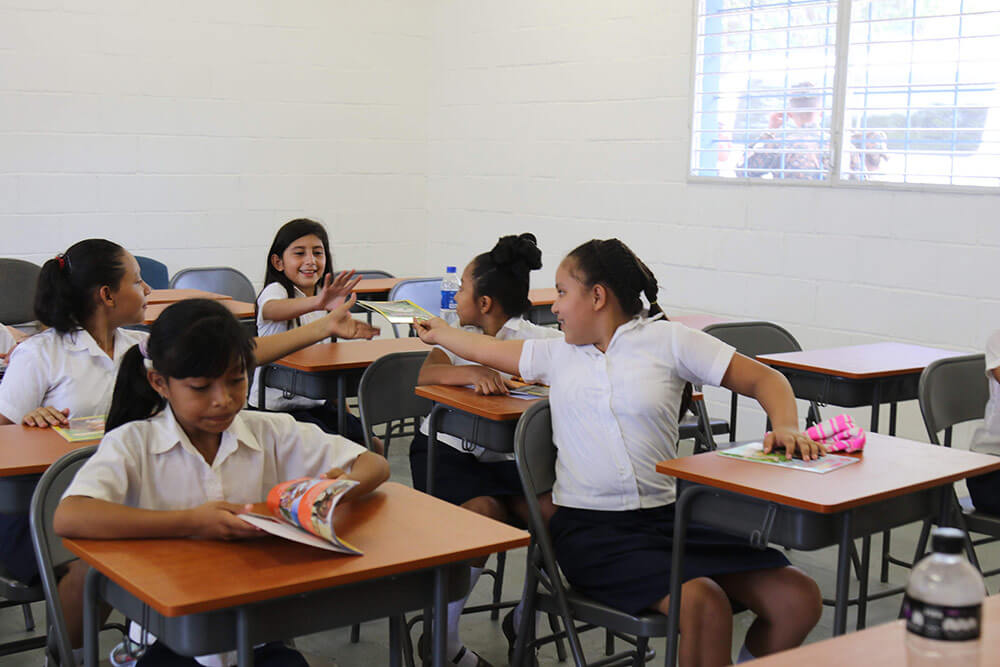
“This gave us an opportunity to do something for someone else and put our MOS into practice,” SGM Topping said. “It’s a win-win for the Guard. It’s important for us to exercise our skills. Then, we can go out and build these things, leave a final product for somebody else to use and walk away feeling like we accomplished something and turned over a [valuable] product.”
After only 80 days in El Salvador, Guard Soldiers and their fellow service members had constructed all five structures. The buildings had power and running water, and ribbon-cutting ceremonies had been conducted as part of the signing over of the buildings to their respective counterparts.
As the final pieces of the mission fell into place, the true impact of the mission became more apparent.
“The construction mission was hugely successful. The warriors received hands-on training, which is very beneficial. But bigger than that, we made a positive impact on the El Salvadorian people,” remarked LTC Heidelberg. “Working with the El Salvadorian engineers on site with us – that was a positive and big relationship builder. In addition, our engineers worked hand in hand with local [residents], local community representatives, teachers, students and the doctors at the clinics that they worked with day in and day out – they really built relationships.”
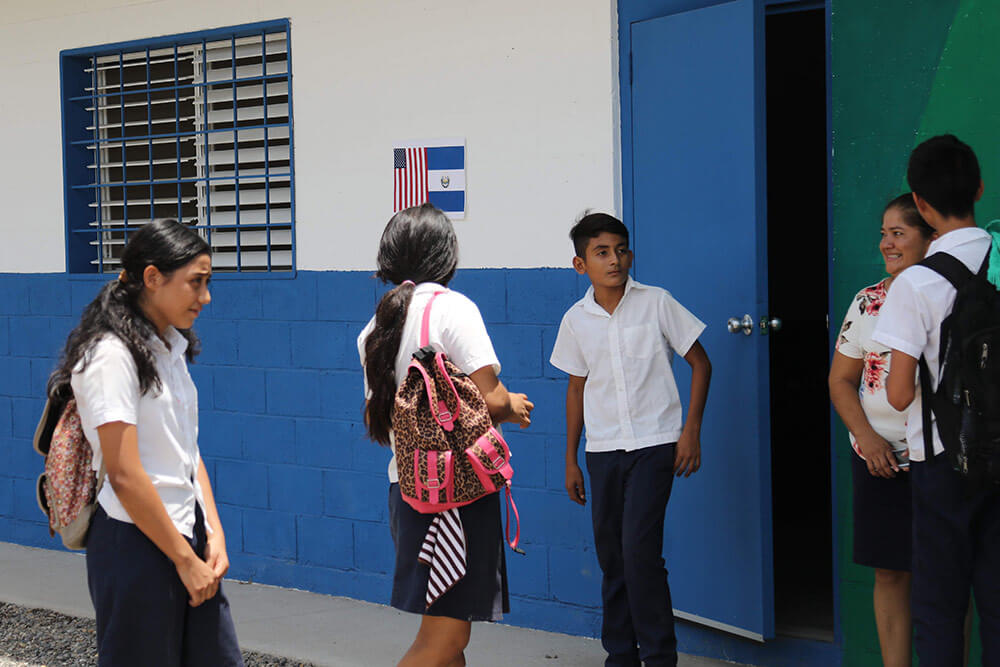
The realization of how much they were helping this community in need spurred on a philanthropic spirit amongst the Soldiers. Warriors found themselves starting fundraisers, making donations, buying toys and school supplies and assisting parents and teachers with the transition into the new schools. Community engagement became a huge part of the mission.
“We had paint days where the local residents came to help paint,” explained LTC Heidelberg. “We had cleanup days where the residents helped us clean and prep the site for the [ribbon-cutting] ceremonies. While the training was the priority and it was outstanding training, the lasting relationships and the good will that was built I think was the big takeaway from the mission this year.”
The presentation of the four schools and medical clinic to the people of El Salvador was noted as a standout moment for the Soldiers.
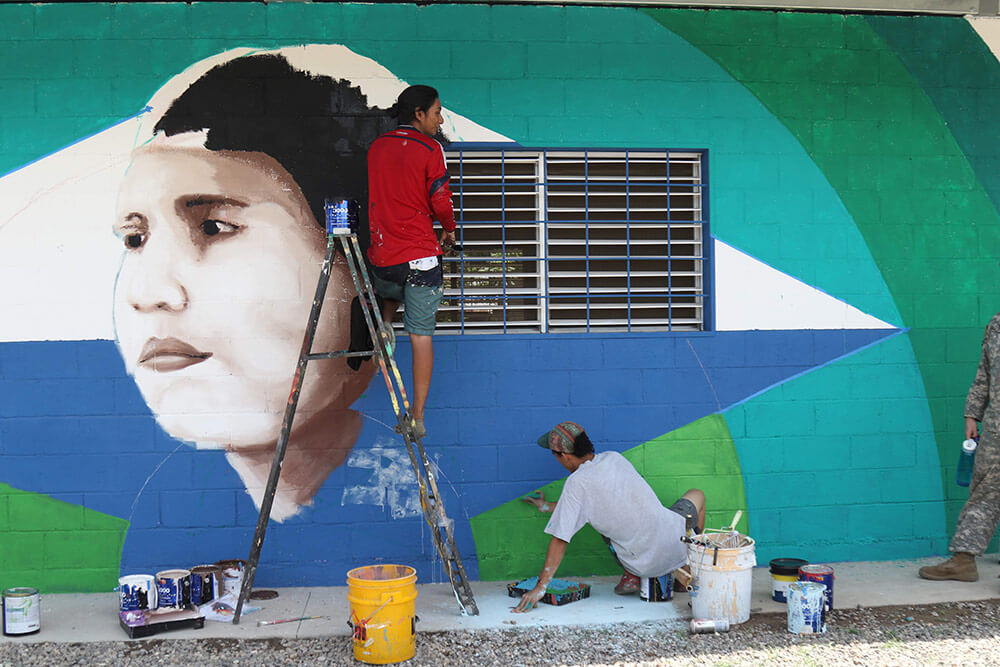
“The day that we signed over the keys – gave them to the teachers and school administrators and handed keys over to the clinic – it was a big deal,” LTC Heidelberg added. “The communities were out there and you could feel the excitement. The students were moving things into the classrooms, so it was a huge accomplishment seeing the smiles on the faces of everyone, knowing that we had worked hard to accomplish this mission.”
The Florida Army National Guard’s leading role in BTH 2018 helped change the lives of the people in one small community in El Salvador, and Guard Soldiers, along with their counterparts, developed their skills and gained a beneficial learning experience.
“For the Guard, it’s an outstanding opportunity that everyone needs to try to take advantage of or be involved with,” LTC Heidelberg said. “Every day was a good day to just be down there. [The mission] was a tremendous accomplishment and something in which we took great pride.”
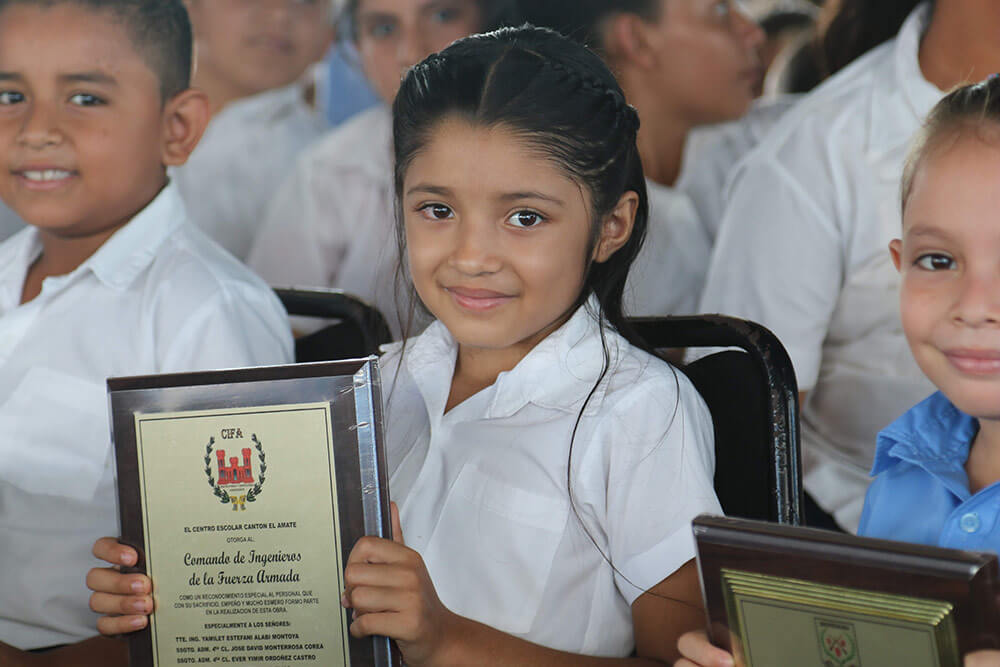
The positive impact of BTH proved to be an unforgettable experience not only for the Soldiers, but also, and perhaps more importantly, for the El Salvadorian citizens reaping the benefits of the new schools and clinic.
“One of the school directors told us that for 25 years she has been praying that something like this would happen,” SGM Topping said. “It was amazing for us to be a part of that. We got to be a part of her answered prayer.”
By Staff Writer Tatyana White-Jenkins
